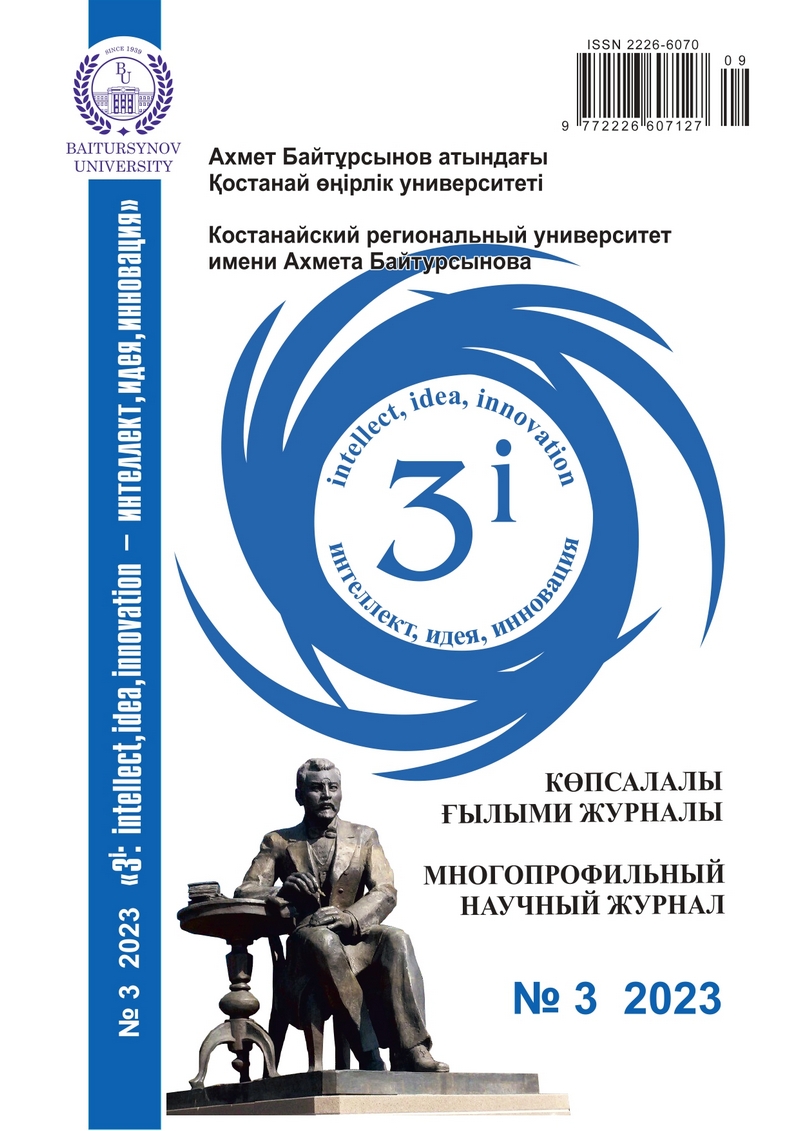ОЦЕНКА ЭФФЕКТИВНОСТИ ИСПОЛЬЗОВАНИЯ МОДЕЛИ ОБУЧЕНИЯ «ПЕРЕВЕРНУТЫЙ КЛАСС» У ОБУЧАЮЩИХСЯ МУЗЫКАЛЬНОЙ ШКОЛЫ-ИНТЕРНАТА ДЛЯ ОДАРЕННЫХ ДЕТЕЙ г. ПАВЛОДАРА
DOI:
https://doi.org/10.52269/22266070_2023_3_210Ключевые слова:
перевернутый класс, критическое мышление, современная технология, педагогический экспериментАннотация
В данной статье представлены результаты исследования по оценки использования современной технологии смешанного обучения – модели «Перевернутый класс», который использовался при обучении предмета биология у обучающихся музыкальной школы-интерната для одаренных детей г. Павлодара. В исследовании приняло участие 31 ученик двух девятых классов. В ходе эксперимента были сформированы две группы: экспериментальная и контрольная. Модель «Перевернутого класса» зарекомендовала себя как очень успешный опыт получения знаний по изучаемому предмету и закрепления полученных навыков. Анализ проведенного эксперимента показал, что обучающиеся на 100% справляются с заданиями базового уровня на знание, понимание и применение. Однако, с навыками высокого порядка дети, обучавшиеся в экспериментальном классе, справляются намного лучше. Задания, требующие анализа, смогли выполнить в экспериментальном классе 88,2% учеников, а в контрольном – 64,2%. Задания на синтез в экспериментальном классе выполнили 76,4 % учеников, а в контрольном классе выполнили 57,1% учеников. По итогам исследовательской работы перевернутое обучение позволило ученикам не только усваивать новый материал в удобном для них темпе и осуществлять самоконтроль до начала урока, но и улучшило успеваемость учащихся и повысило качество знаний на 17%.




